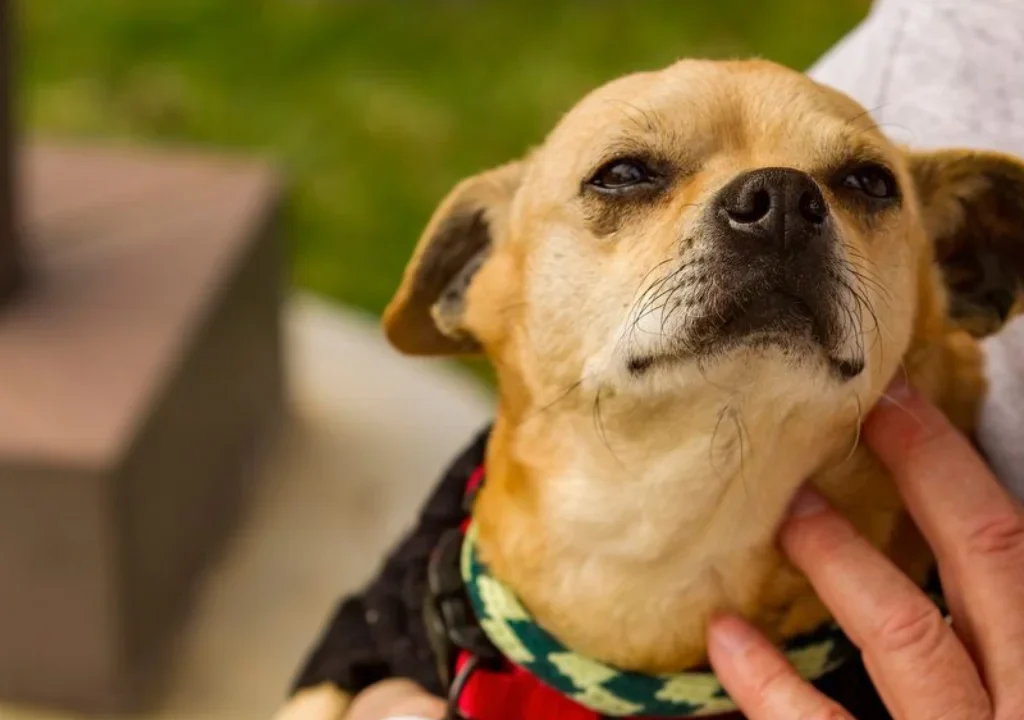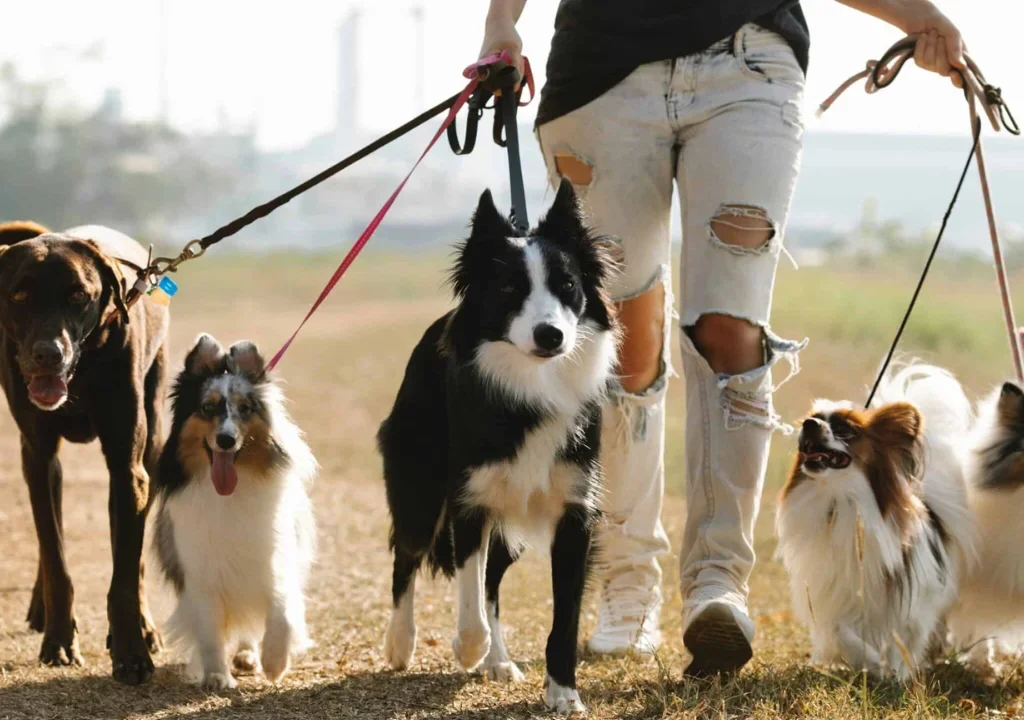
Mini Australian Shepherds—often called Mini Aussies—are a delightful combination of charm, intelligence, and energy, making them a top choice for active families and dog lovers across the USA. But how much do they really cost, and what should you know before bringing one home?
In this guide, we break down the true cost of owning a Mini Aussie, from purchase prices to care expenses—plus, we cover vital breed facts like size, shedding, lifespan, and grooming.
Mini Australian Shepherd Price
So, how much should you expect to pay for a Mini Australian Shepherd puppy in 2025?
Prices for Mini Aussies vary based on breeder reputation, lineage, coat color, geographic location, and whether the puppy comes with health testing or early training.
Average Mini Aussie Price in the USA:
| Type | Price Range |
|---|---|
| Pet-quality puppy | $800 – $1,500 |
| Champion bloodline | $1,500 – $3,000+ |
| Show or breeding prospects | $2,500 – $4,000 |
| Adoption from rescue/shelter | $150 – $500 |
💡 Note: Puppies with rare coat colors (like blue merle or red merle) and striking eye combinations (blue or heterochromatic eyes) may fetch higher prices.
Additional One-Time & Monthly Costs:
- Initial Vet Check & Vaccinations: $100 – $300
- Spay/Neuter: $200 – $500
- Food & Treats: $40 – $70/month
- Grooming Tools or Services: $30 – $60/month
- Pet Insurance: $25 – $50/month
- Training Classes: $100 – $300 per course
Total Year 1 Estimate: Around $2,000 – $3,500 depending on the level of care and services you choose.
Mini Australian Shepherd Puppy: What to Expect
Mini Aussie puppies are bursting with energy, incredibly sharp, and eager to bond. They’re natural learners and will thrive with early obedience training and positive reinforcement.
What You Should Know:
- Socialization is crucial: Begin exposing your puppy to different people, pets, sounds, and environments as early as 8 weeks.
- Mental stimulation matters: Mini Aussies are problem-solvers. Without enrichment, they can get into mischief!
- They love to “herd”: You may notice them nipping at heels or circling—it’s instinctual. Training helps redirect this behavior.
A well-raised Mini Aussie puppy grows into a confident, loyal, and affectionate adult.
Mini Australian Shepherd Weight
Mini Aussies are compact yet muscular. Their build allows them to be agile, fast, and athletic—perfect for dog sports or active homes.
Average Adult Weight:
| Gender | Weight Range |
|---|---|
| Male | 25 – 40 lbs |
| Female | 20 – 35 lbs |
While small compared to standard Australian Shepherds, they’re not “toy-sized.” Their sturdy frame means they can keep up with hikes, games, and training sessions easily.
Mini Australian Shepherd Lifespan
Mini Aussies are known for their healthy genetic makeup, especially when bred responsibly. Their average lifespan is:
⏳ 12 to 15 years
To ensure your Mini Aussie lives a long, happy life:
- Feed them high-quality dog food
- Maintain a consistent exercise routine
- Keep up with routine vet care
- Choose breeders who screen for:
- Hip dysplasia
- Progressive retinal atrophy (PRA)
- MDR1 gene mutation (sensitivity to certain medications)
- Epilepsy
Mini Australian Shepherd Shedding
Yes, Mini Aussies do shed—but not excessively compared to some other double-coated breeds.
Shedding Facts:
- Year-Round: Light to moderate
- Heavy Shedding: Twice a year (spring and fall)
- Coat Type: Medium-length double coat with a dense undercoat
Grooming Tips:
- Brush 2–3 times a week (more during shedding season)
- Use a slicker brush and undercoat rake
- Bathe every 4–6 weeks, or as needed
- Trim nails and check ears regularly
By keeping up with grooming, you can manage the shedding and keep your Mini Aussie’s coat healthy and beautiful.
Is a Mini Australian Shepherd Right for You?
Before you decide, ask yourself:
✅ Do I have at least an hour a day for walks or play?
✅ Can I commit to training and mental enrichment?
✅ Am I comfortable with moderate grooming and shedding?
✅ Do I want an affectionate, loyal, and energetic companion?
If your answer is yes, a Mini Aussie might be your perfect canine partner. These dogs are especially well-suited to active households, families with children, or individuals looking for a sport or hiking partner.
Frequently Asked Questions
Final Thoughts
Mini Australian Shepherds are everything you could want in a companion—smart, loyal, trainable, and compact. While their initial cost can vary widely depending on where and how you get your pup, their value as a family member is priceless.
Whether you’re drawn to their energetic personality, stunning coat colors, or versatility in dog sports, owning a Mini Aussie is a commitment that pays off with years of joy, affection, and unforgettable memories.
About the Author:
Hi, I’m Emilia! I’ve been passionate about sharing valuable pet care insights for over 10 years, and I love helping fellow pet owners provide the best care for their furry companions. My goal is to make pet care information accessible and helpful for everyone. Please remember to always consult your veterinarian before implementing any health advice or treatments for your pet.

